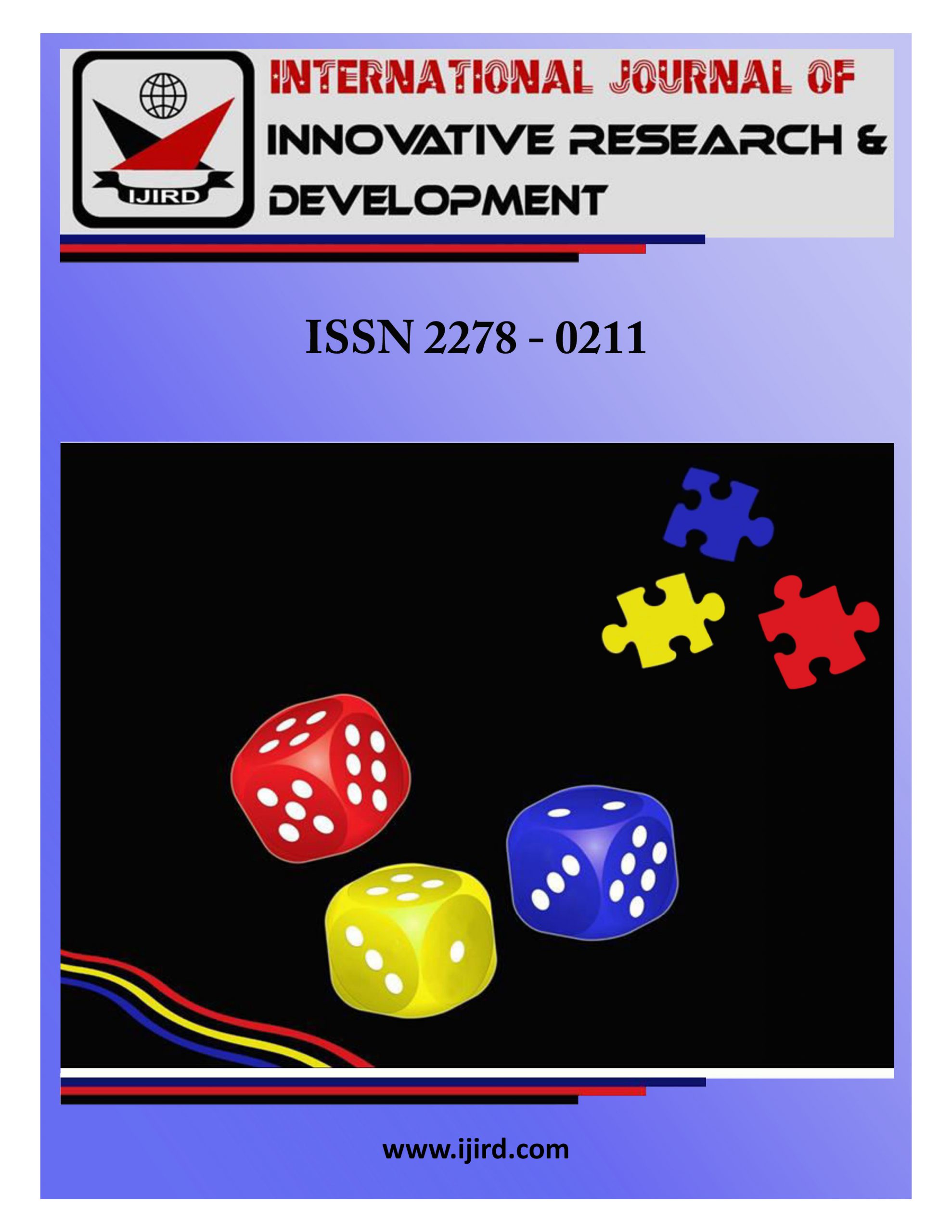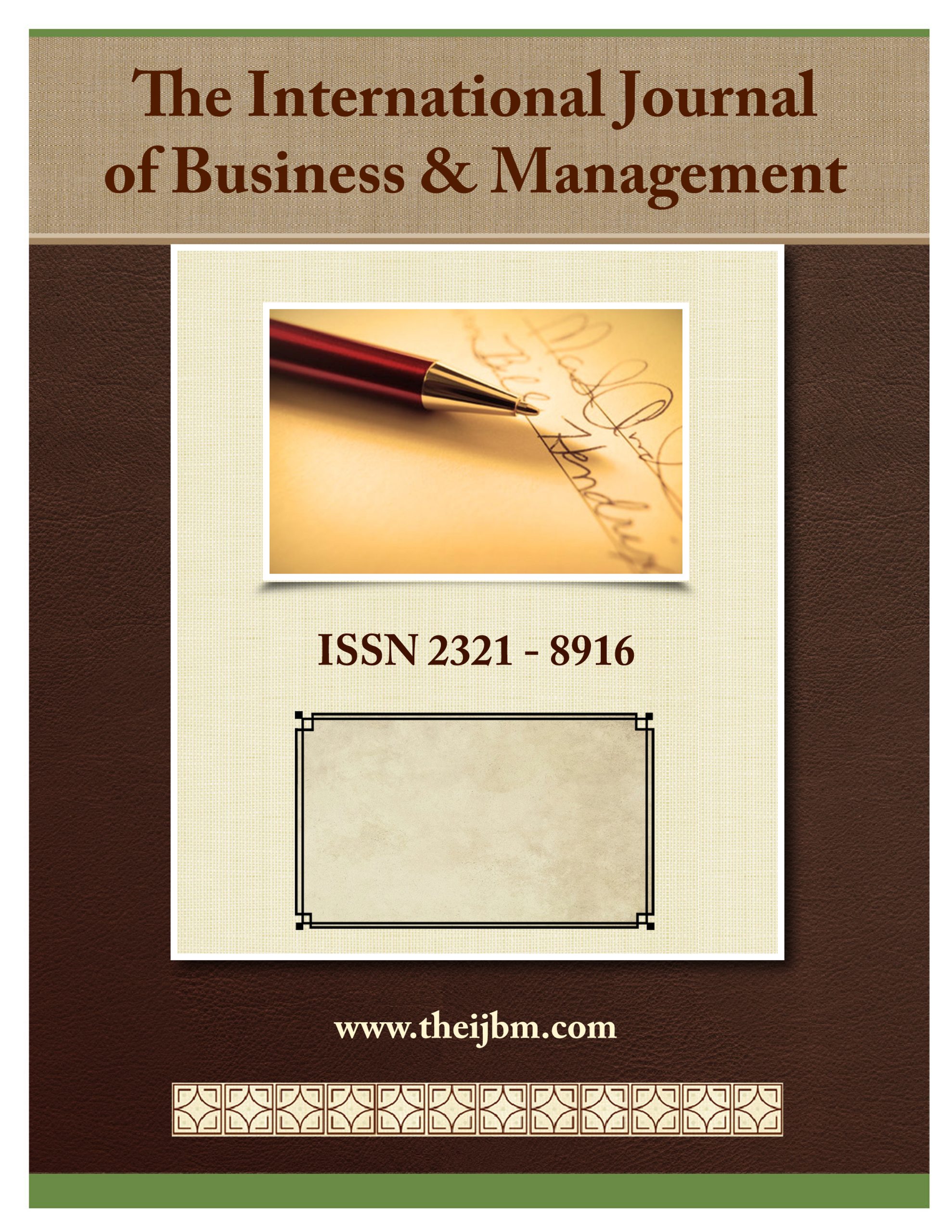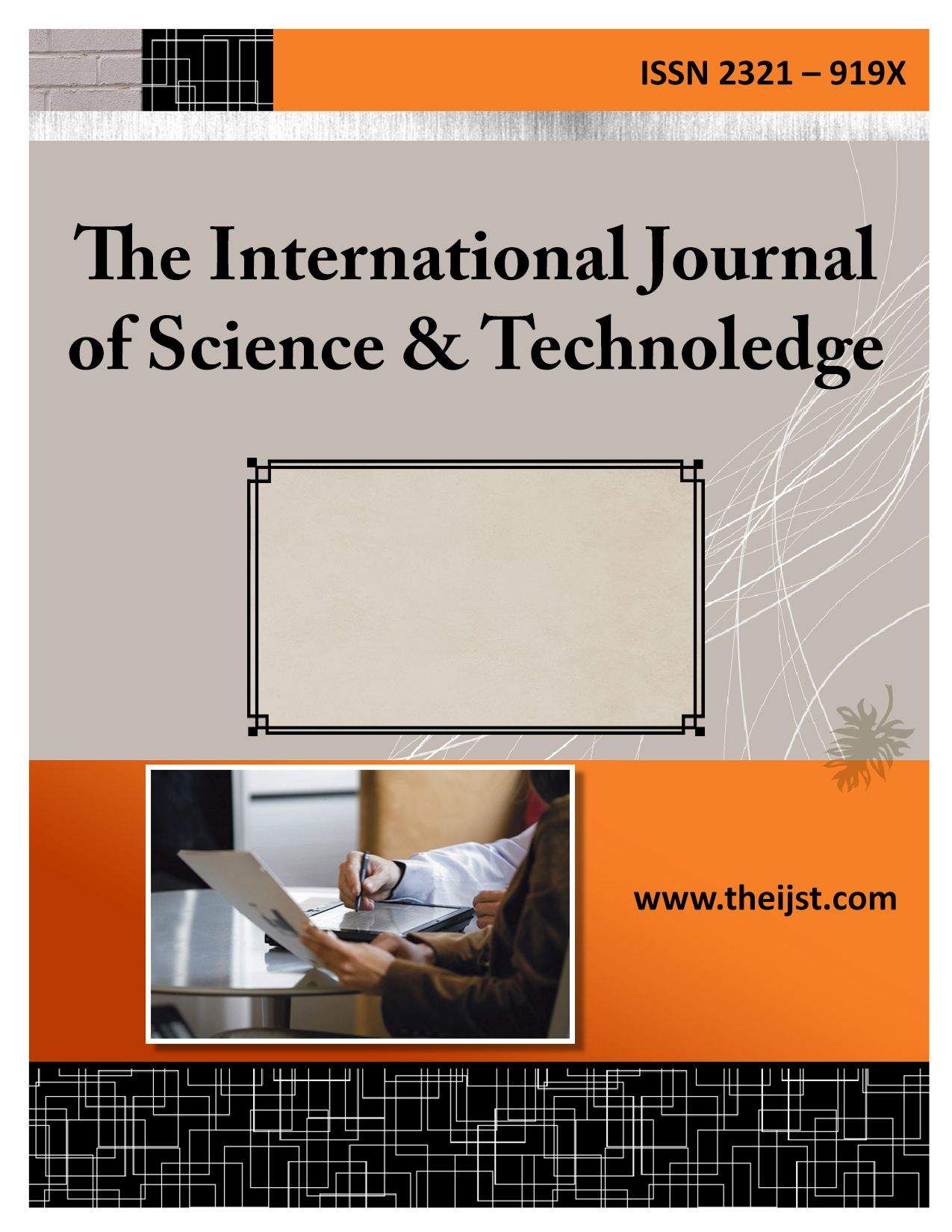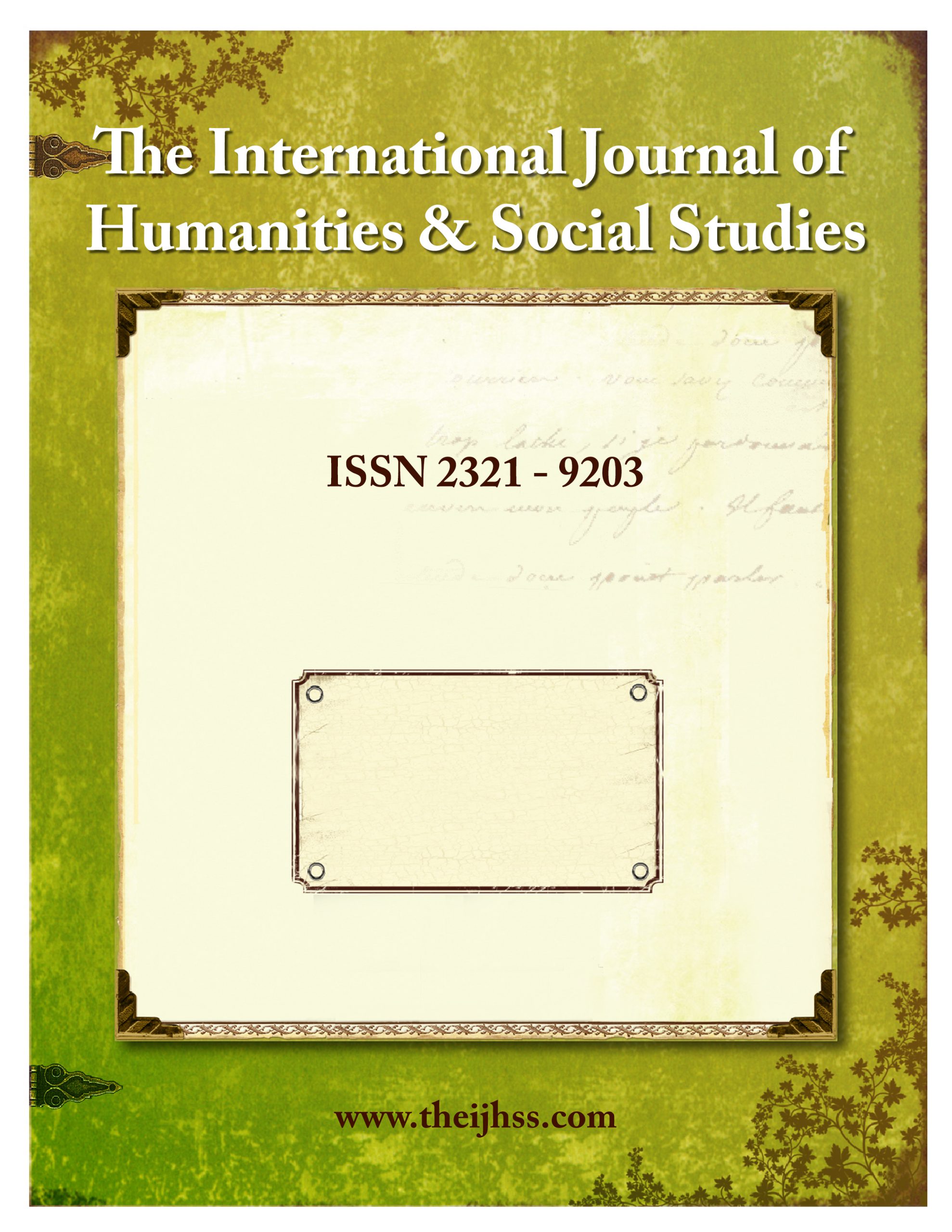Over several years, a continued discussion about academic freedom has been doing rounds in books, essays, policies and published researches. However, students, scholars, professors, faculty administrators and trustees have been struggling to implement the real meaning of it in cultural, social, political, pedagogical and technological fields. To live and experience academic freedom in work life, it is important to understand what academic freedom in research means. It is also essential to fathom why it is important. Academic freedom means that both faculty and students can engage in intellectual debate without the fear of being censored, punished or dominated. Academic freedom means that students and teachers can share their opinion and information freely with each other, or put up something for open discussion. It also means that group journal call for paper receives valuable inputs from professors and students alike. Academic freedom in research is imperative because openness of mind promotes fresh concepts in scientific work, leads to unique findings and discoveries and yields superior results.
Here are 5 reasons why Academic Freedom in Research is important:
- Academic freedom gives both students and faculty the right to express their views — in speech, writing, and through electronic communication, both on and off campus — without fear of sanction, unless the manner of expression substantially impairs the rights of others or, in the case of faculty members, those views demonstrate that they are professionally ignorant, incompetent, or dishonest with regard to their discipline or fields of expertise. Right of expression ensures confidence to both parties, because it sanctifies that what they are studying is happening in the right path. It also develops mutual respect between faculty and students, as they can openly share their ideas and viewpoints without being rejected, judged or shunned invalidly.
- Academic freedom gives right to study – Both students and faculty should get the right to study and do research on the topics they choose and to draw what conclusions they find consistent with their research, though it does not prevent others from judging whether their work is valuable and their conclusions sound. Academic freedom also prevents parties involved, from imposing their political, religious, and philosophical ideas of politicians and administrators, on each other. Students and professors can navigate research ideas, and topics as per their choice, and intellectual expansion.
- Academic freedom in research enriches journal call for paper. When students and faculty can express their opinion and study matter clearly and freely, varied investigations and concepts are bound to come up in journal submissions which can break the cliches and repetitions of published material. Newness and multivariate material enrich journals and scientific papers.
- Academic freedom in research also develops literature review. Free expression from faculty and students develop fresh perspectives on topics. Expansive study and their inputs from unanimous sources can improve the quality of literature review in journal call for paper. When scholarly people don’t have to fear censorship or ostracization, they can freely develop perspectives on existing works, or even do more reading relevant to their research, which can improve literature reviews implemented in works.
- Academic freedom in teaching means openness to comparisons and contrasts –that both faculty members and students can make comparisons and contrasts between subjects taught in a course and any field of human knowledge or period of history. Academic freedom gives faculty members and students the right to challenge one another’s views, but not to penalize them for holding them. Academic freedom protects a faculty member’s authority to assign grades to students, so long as the grades are not capricious or unjustly punitive. More broadly, academic freedom encompasses both the individual and institutional right to maintain academic standards.
Therefore, academic freedom protects the rights and authorities of both parties, students as well as faculty who engage their time in long term teaching and valuable scientific work. Additionally, it gives voice to students who engage with dedication in long-term academic work, to gain hold of their intellectual property. This way academic freedom in research bridges the gap between students and teachers, creating a fair academic environment.












